Keynote Speakers
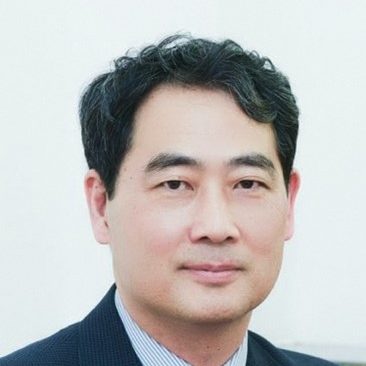
Prof. Sheng HE
Institute of Biophysics, Chinese Academy of Sciences
Prof. Sheng He obtained his Ph.D in psychology from UC San Diego, followed by post-doctoral training at Harvard University. He was on the faculty in the psychology department at the University of Minnesota from 1997 till 2020. He is currently serving as the director of the State Key Laboratory of Brain and Cognitive Science at the Institute of Biophysics, Chinese Academy of Sciences. His main research interests are in human cognitive neuroscience, especially visual cognition. He uses psychophysical as well as brain imaging approaches to study mechanisms of visual object recognition, attention, and consciousness.

Prof. Tianzi JIANG
Institute of Automation, Chinese Academy of Sciences
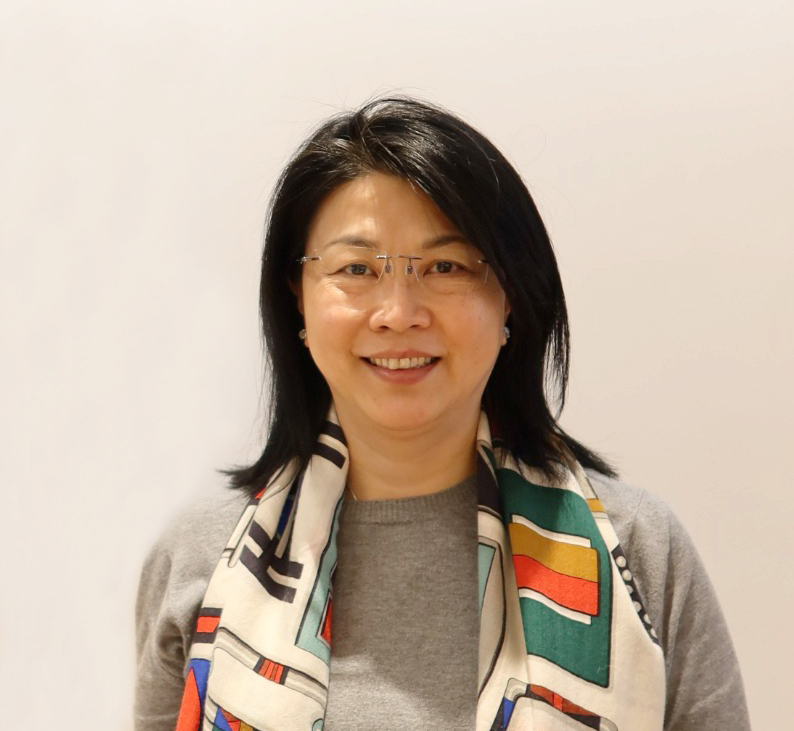
Prof. Tatia M.C. LEE
The University of Hong Kong
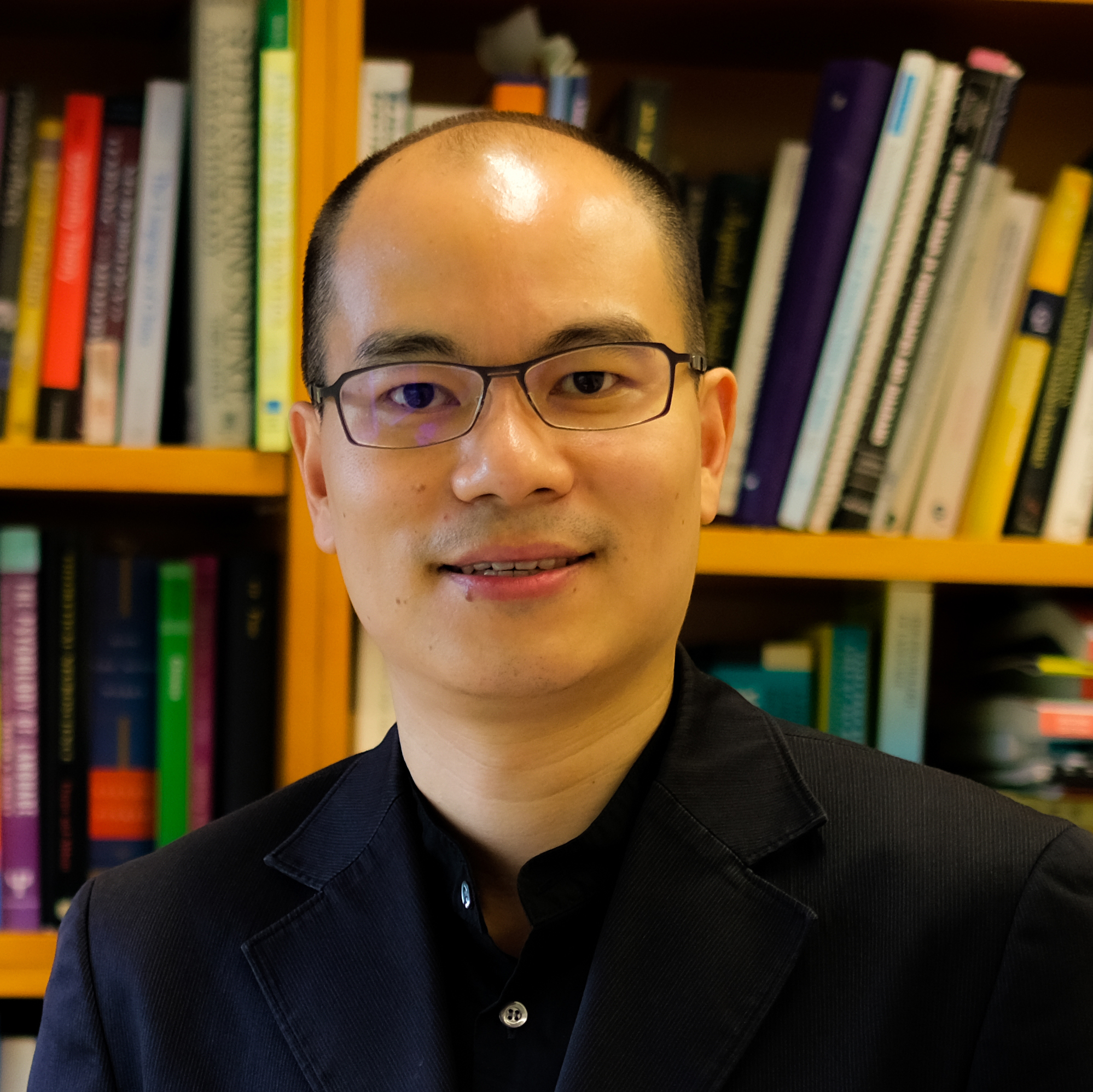
Prof. Patrick C. M. WONG
The Chinese University of Hong Kong
Prof. Patrick C. M. Wong holds the Stanley Ho Chair in Cognitive Neuroscience, is Professor of Linguistics, Otolaryngology and Psychology, and serves as the Founding Director of the Brain and Mind Institute at The Chinese University of Hong Kong (CUHK). Wong’s research covers a wide range of basic and translational issues concerning the neural basis and disorders of language and music. In 2021, he was named a Guggenheim Fellow for Humanities. Wong’s research has received public attention from media outlets such as The New York Times. He actively seeks to translate his research into clinical and educational solutions. One of his patented inventions, Precision Listening®, was awarded the Gold Medal with Congratulations of the Jury at the 2023 International Exhibition of Inventions Geneva. Wong has been Associate Vice-President (Research) at CUHK since 2023.
Guest Speakers

Prof. Yi JIANG
Institute of Psychology, Chinese Academy of Sciences
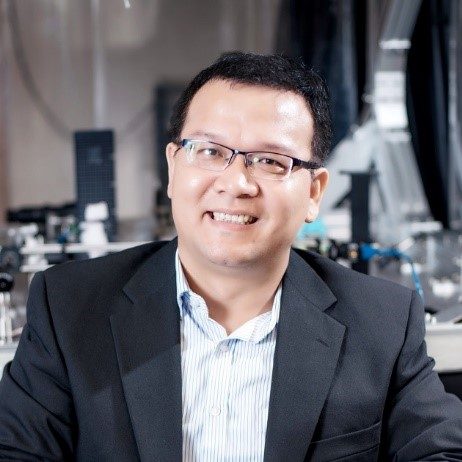
Prof. Puxiang LAI
The Hong Kong Polytechnic University
Dr. Puxiang Lai is a tenured Associate Professor at Department of Biomedical Engineering of the Hong Kong Polytechnic University. His research centers around deep-tissue optical focusing, imaging, stimulation, and treatment. Current research projects include, but are not limited to, wavefront shaping, photoacoustic imaging, neuron imaging, computational optics, and artificial intelligence. His research has fueled more than 100 publications in journals like Nature Photonics, Nature Communications, The Innovation, eLight, Light: Science & Applications, Advanced Photonics, PhotoniX, and Advanced Science. He has been invited to give more than 100 seminars or invited talks worldwide. Dr. Lai was awarded the 2016-2017 Hong Kong RGC Early Career Award.

Prof. Zheng LI
Beijing Normal University at Zhuhai

Prof. Hanna LU
The Chinese University of Hong Kong

Prof. Guolin MA
Peking University, Peking Union Medical College
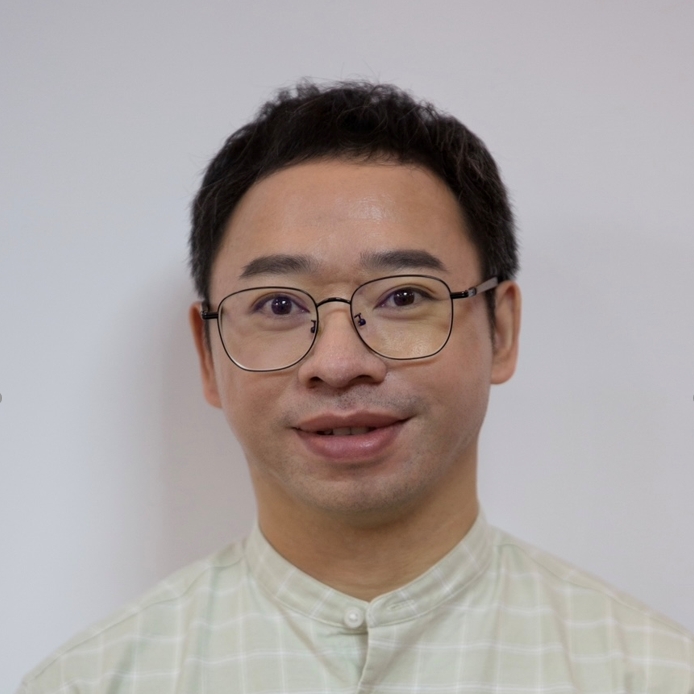
Prof. Zhihai QIU
Guangdong Institute of Intelligence
Science and Technology
Prof. Zhihai Qiu received his B.S. from Fujian Normal University in August 2012. He received his Ph.D. of Biomedical Engineering from The Hong Kong Polytechnic University, Hong Kong in April 2019. Afterwards He obtained postdoctoral training at Stanford and became a principal investigator at Guangdong Institute of Intelligence Science and Technology consequently, working on multiscale brain imaging and neuromodulation technologies.

Prof. Ping REN
Shenzhen Mental Health Center
Shenzhen Kangning Hospital

Prof. Yun SHI
Guangdong Institute of Intelligence
Science and Technology

Prof. Michiel SPAPÉ
University of Macau

Prof. Kuzma STRELNIKOV
University of Macau

Prof. Fan WANG
Institute of Biophysics, Chinese Academy of Sciences

Prof. Zhen YUAN
University of Macau

Prof. Zihao ZHANG
Institute of Biophysics, Chinese Academy of Sciences

Prof. Xinian ZUO
Beijing Normal University
